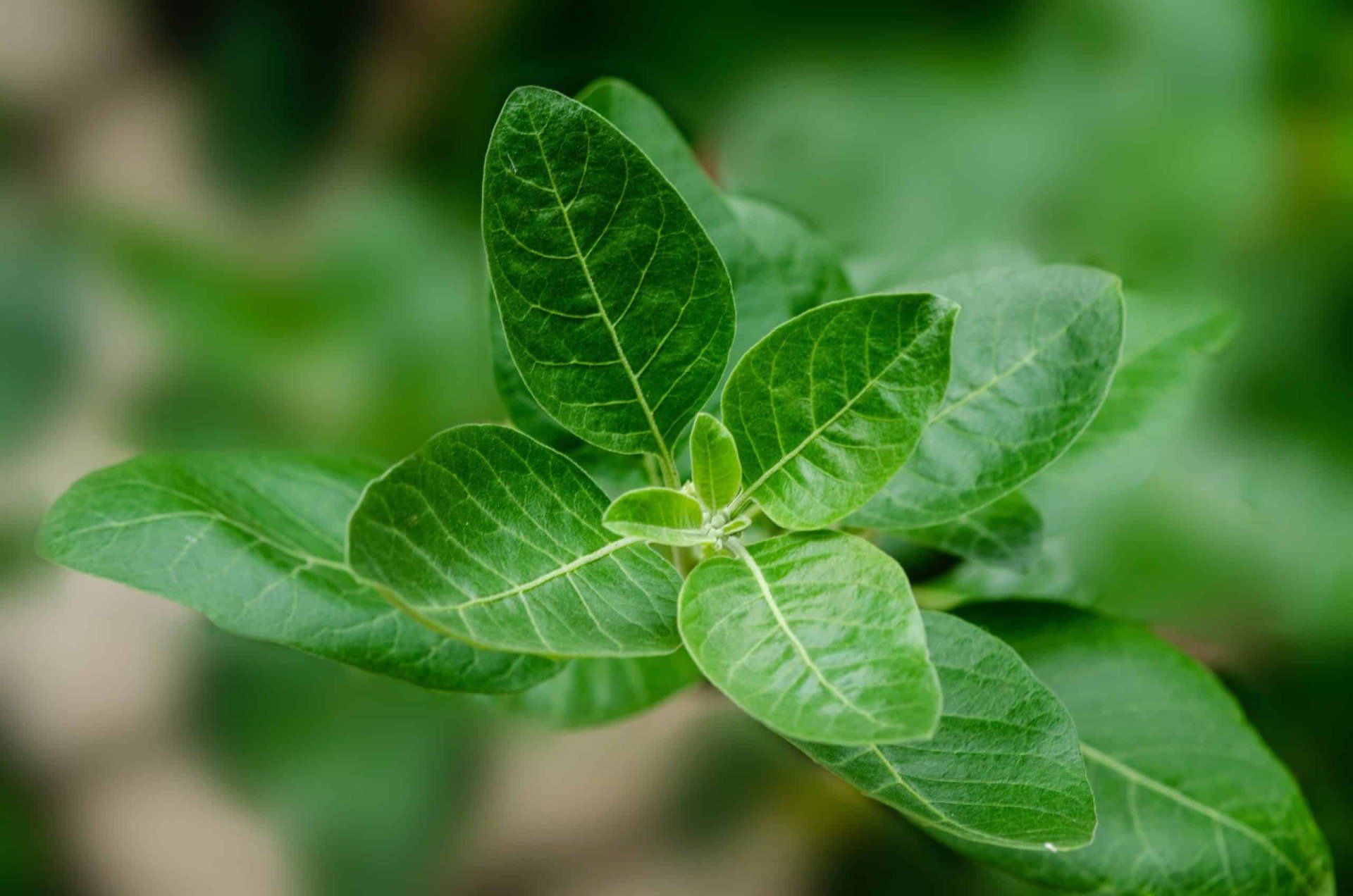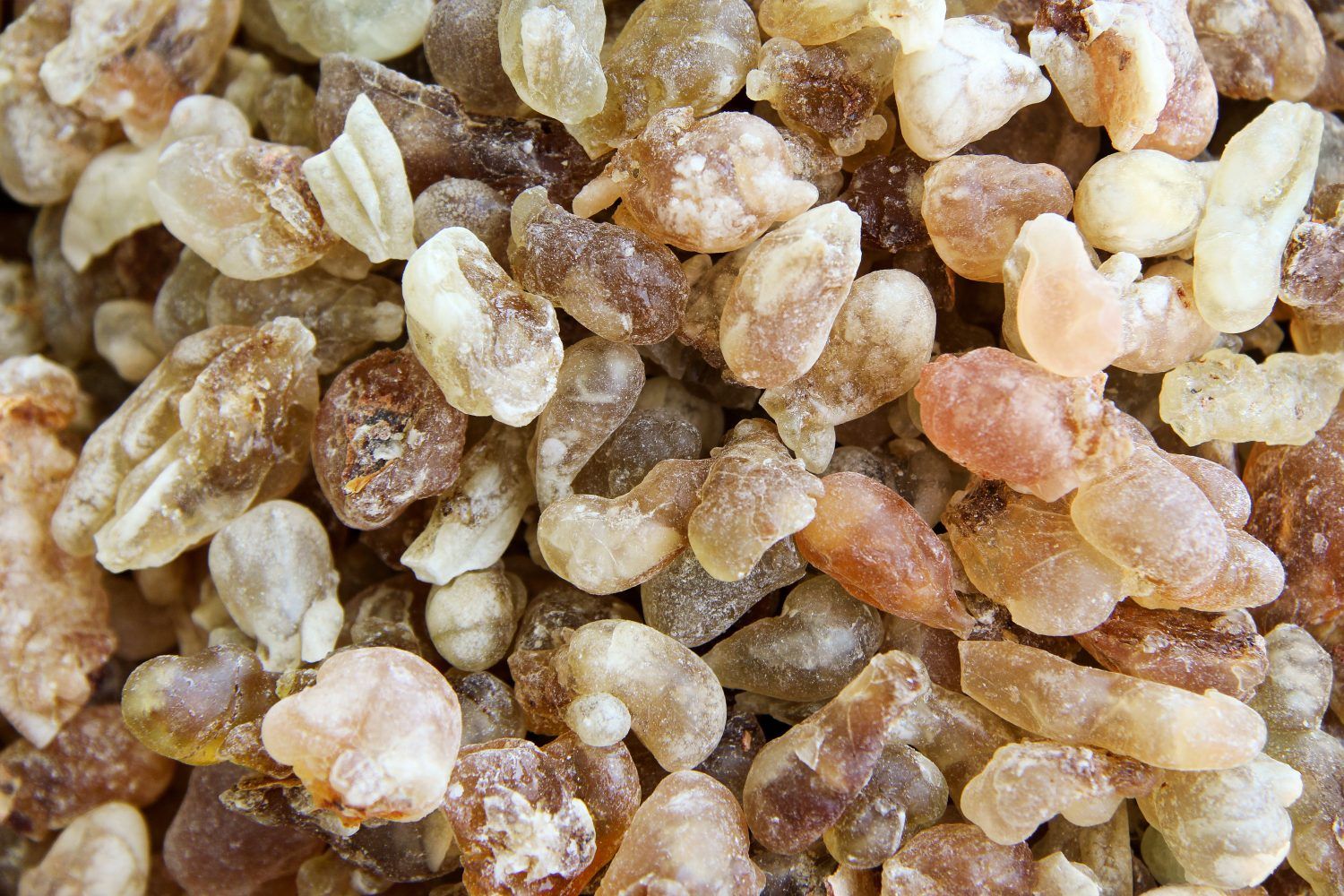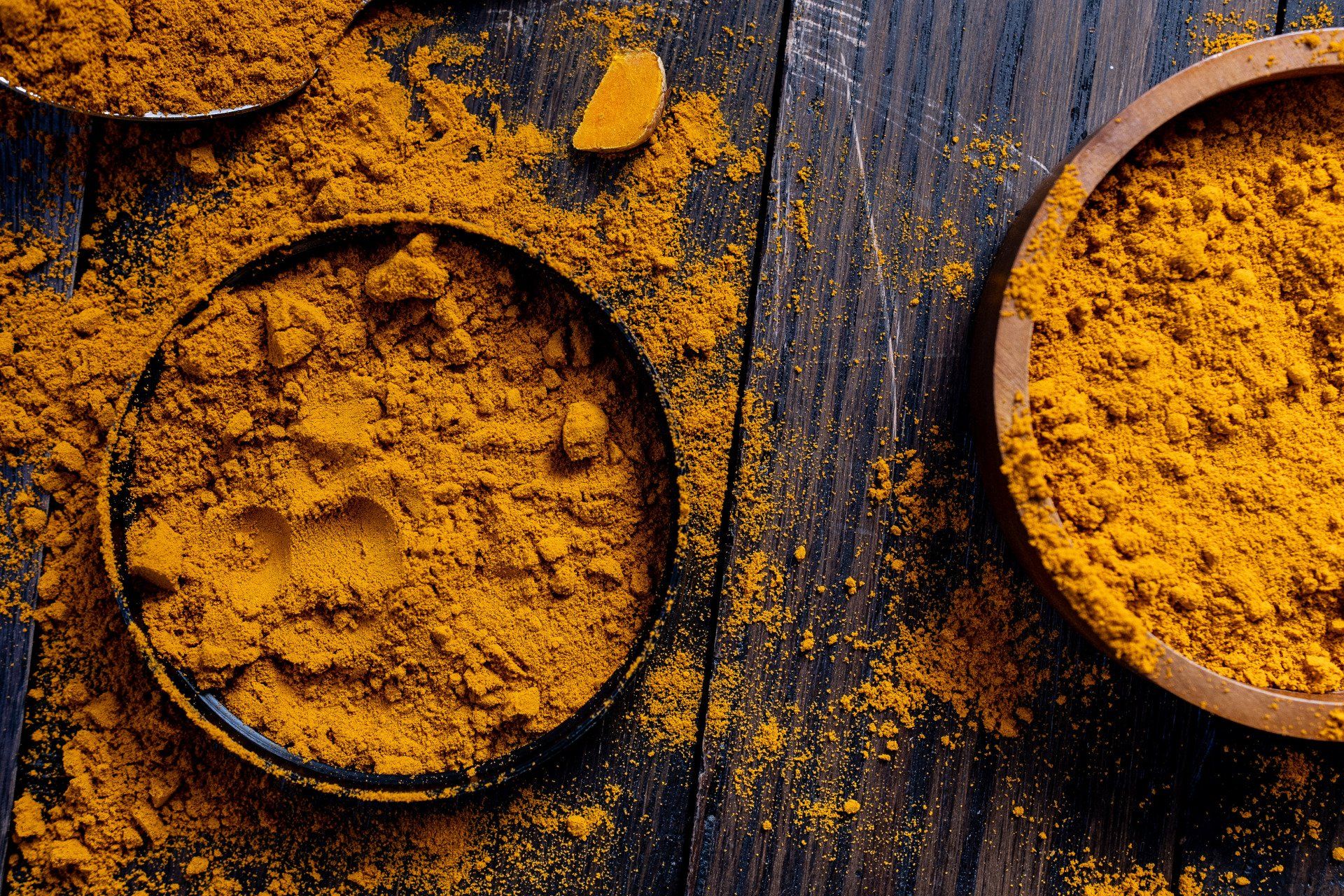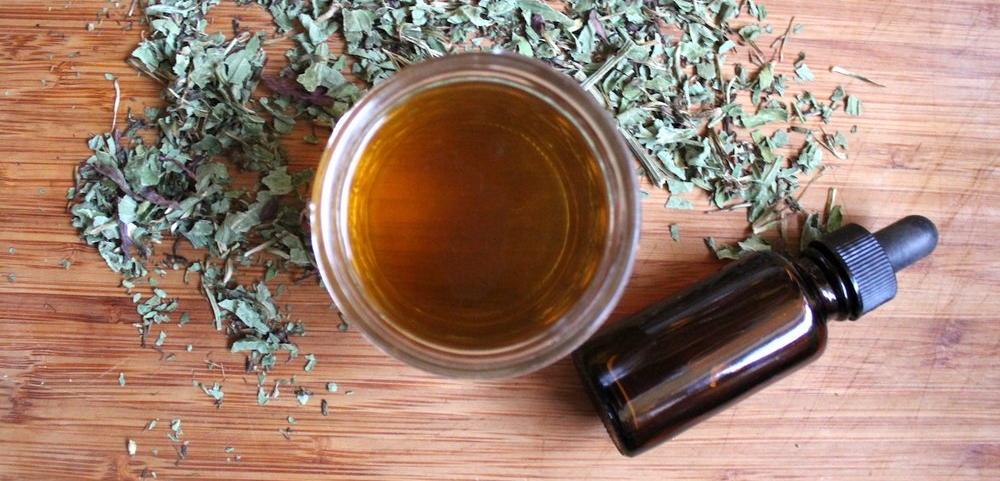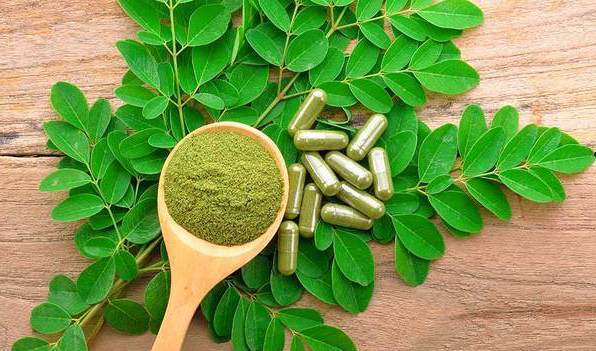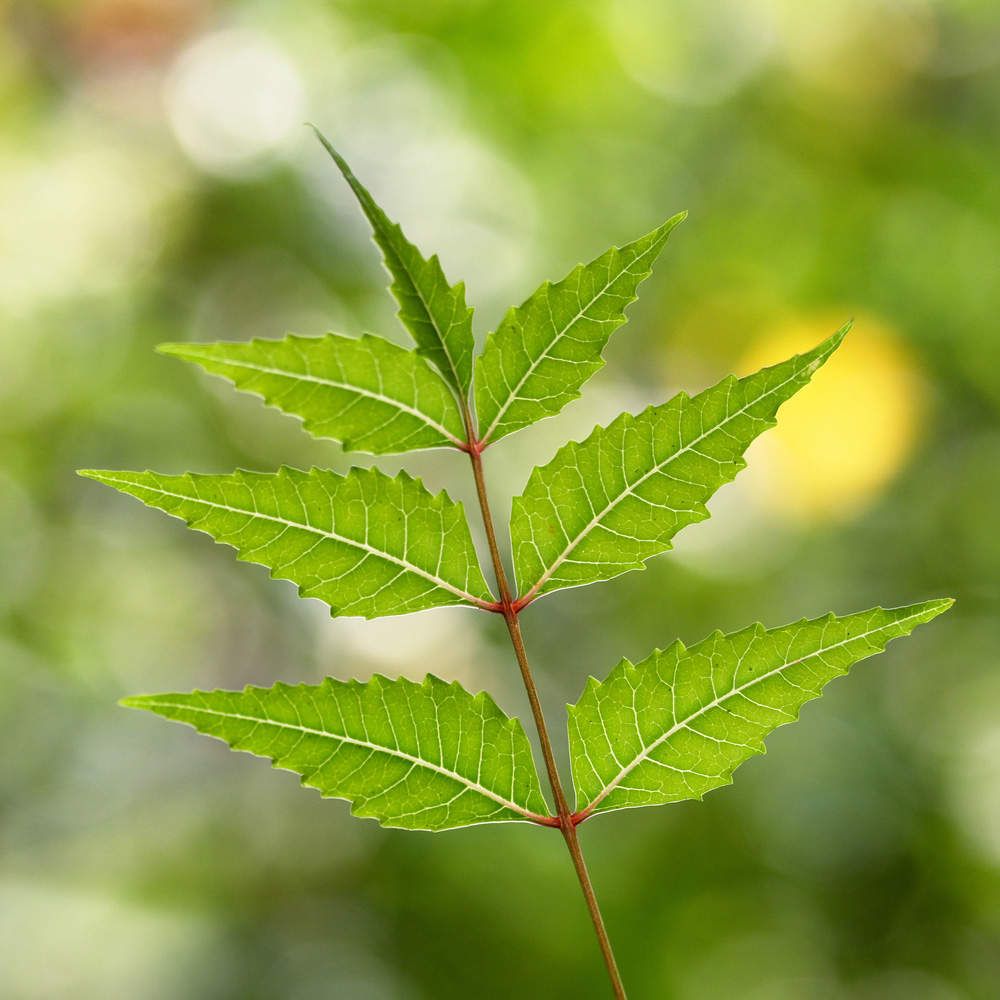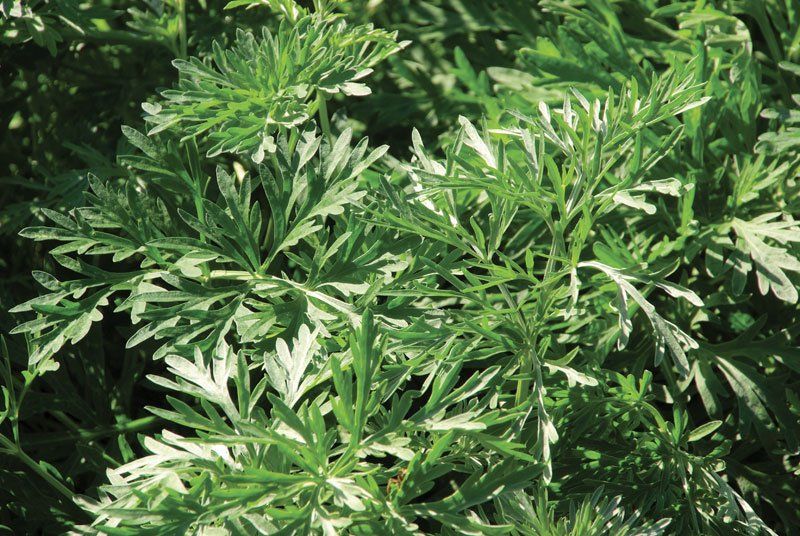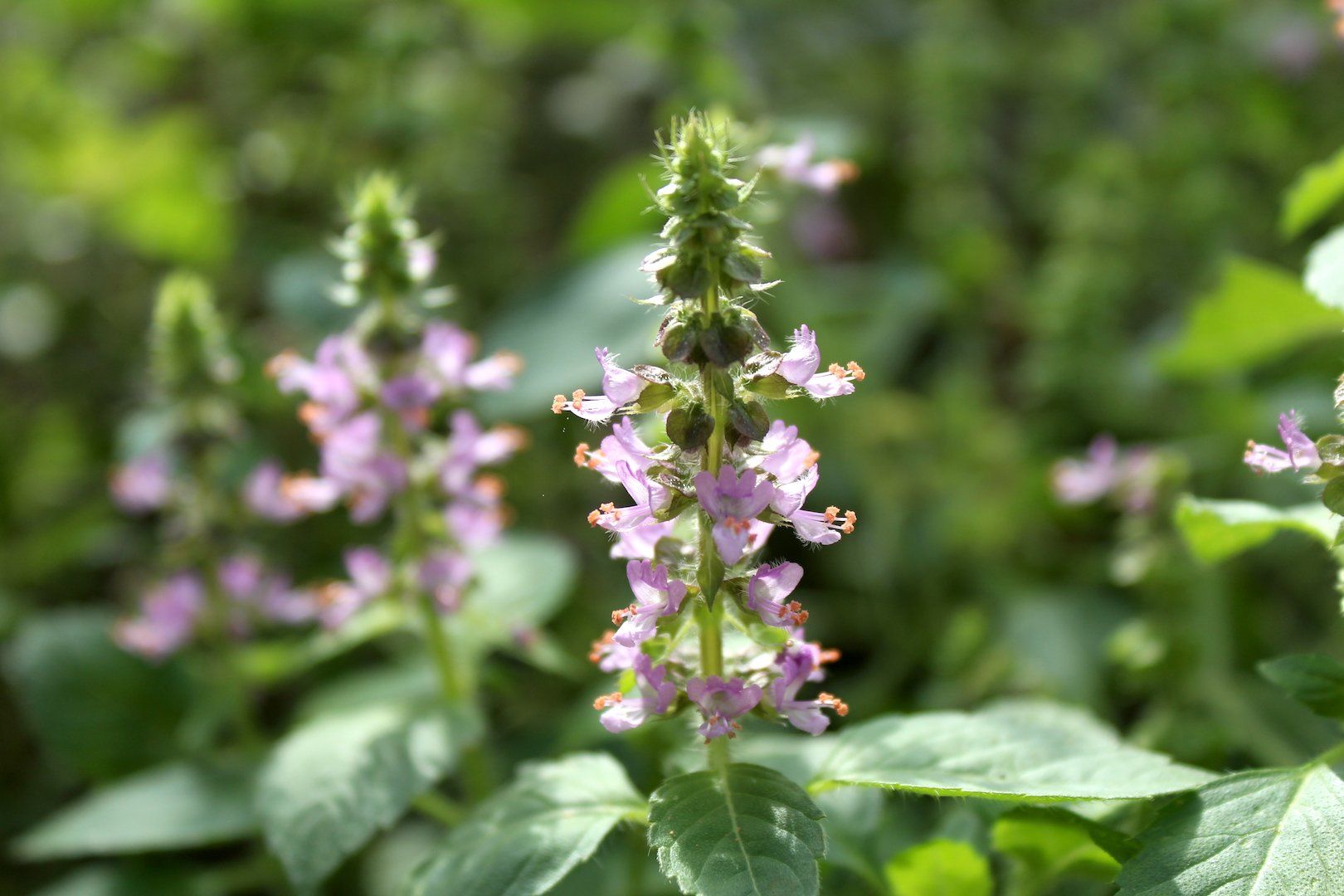What are Tinctures
What are Herbal Tinctures?
Tinctures are concentrated mixtures of liquid herbs. Tinctures are concentrated herbal extracts made by soaking the bark, berries, leaves (dried or fresh), or roots from one or more plants in alcohol or vinegar for several weeks.
Botanical medicines, or herbs, can be used to treat a whole variety of medical concerns - from sleep, hormones, digestion, mood to allergies and many more. Herbs can either be taken by themselves or mixed with additional herbs to form blends that may work synergistically or have different actions that compliment each other.
The alcohol or vinegar pulls out the active ingredients from the plant parts, concentrating them as a liquid.
Small portions of the liquid normally used via a dropper can be used for many things from favouring food to placing a few drops under the tongue for medicinal purposes.
There’s some research that suggest some plants have medicinal properties and health benefits.
Though there are some herbs with significant toxicity, tinctures are typically quite gentle, safe and without many side effects, which makes them an ideal remedy for someone who doesn’t feel comfortable taking medication, doesn’t tolerate medication well or for children.
Tinctures have been around for thousands of years or more and are a key component of traditional herbal medicine.
Benefits of Taking a Tincture
Tinctures make it easy to consume the natural health-boosting chemicals found in some plants. They’re usually inexpensive to make and can be easily prepared at home.
The accessibility of herbal remedies like tinctures is probably a major reason why an estimated 82 percent of the world population relies on these treatments for some of their healthcare needs.
How to Use a Tincture
Many tinctures are made to be taken by mouth, using a dropper to place some liquid on the tongue.
It’s important to spend time educating yourself about tincture dosages for various plants online or on the label of tinctures you purchase. Some tinctures are for use only on the skin.
Use only the directed dose of a tincture, which varies depending on, among other factors:
- the tincture’s concentration
- body size
- age
- gender
Some plants have proven health benefits, while the effects of others are less clear, and may even be harmful to your health. If you have concerns, talk to a doctor before starting any type of herbal remedy regimen.
How to Make a Tincture
The simplest way to make a tincture is to submerge herbs from plants that are safe to use in alcohol in a glass jar.
Here’s how:
- Find the plant or plants you’d like to use. Make sure to take only parts of the plant that are safe to use.
- Fill up a glass jar two-thirds to three-fourths of the way up with finely chopped fresh leaves. Fill halfway with dry leaves and roots, bark, or berries. And fill one-fourth of the way up with dried roots, bark, or berries.
- Pour grain alcohol of 40 to 70 percent over the herbs to the top of your glass jar, covering them completely.
- Cover the jar with parchment paper and then screw on a metal lid
- Let it sit in a dark cool place for 6 to 8 weeks.
- Every other day shake the jar carefully to improve the extraction of the herbs.
- Place a cheesecloth over a funnel and allow your tincture to drip through and squeeze out every last drop of liquid.
The strained liquid is your tincture. You can hold onto it for years if bottled and stored in a cool, dark place.
Small sterilized droppers are a common way to store the tincture.
How to Make a Tincture without Alcohol
Instead of using alcohol in your tincture, replace it with white or apple cider vinegar. Some people also like using Glycerine with the vinegar to sweeten the taste.
Here are a few common plants used for tinctures that scientific studies suggests can benefit your health:
- Chamomile (flower). Research suggests chamomile is a plant that’s effective in treating anxiety, healing wounds, and reducing inflammation
- Feverfew (leaf). Feverfew was traditionally used to reduce fevers, but today most people use it to prevent migraines and treat arthritis. However, studies on feverfew’s effect on migraine prevention are inconclusive. Some suggest it works, and some suggest it doesn’t. There’s some developing research suggesting feverfew’s potential to treat cancer, pain, and rosacea. A study involving mice showed promising results regarding feverfew as a possible treatment for anxiety and depression.
- Garlic (cloves, root). An analyses of several small and limited scientific studies suggests garlic is effective at making small reductions in total cholesterol and LDL (bad) cholesterol, but results were inconclusive. A follow-up analyses provided results that were somewhat more conclusive. They suggested garlic was effective in reducing total cholesterol and LDL cholesterol when used for more than 2 months. Scientists are also now studying garlic’s potential use in treating cancer.
- Ginger (root). Research suggests that ginger can reduce nausea in pregnant women, and anecdotal reports claim it’s a good remedy for motion sickness.
- Gingko (leaf). Ginkgo is used traditionally to treat a range of conditions from asthma to tinnitus. Recently, scientists have explored its potential use in improving memory, preventing dementia, and boosting brain function. Studies show that ginkgo contains chemicals known to boost the way brain cells function. But it doesn’t explain how it affects how the brain works in an actual person.
- Ginseng (root). Research suggests ginseng may have beneficial psychological and immune effects. It also suggests ginseng can help people with diabetes.
- Milk Thistle (fruit). Research suggests that milk thistle can heal diseases of the liver.
- St. John’s wort (flower, leaf). A review of studies on St. John’s wort suggests it can ease the symptoms of depression.
- Saw Palmetto (fruit). While saw palmetto has been used to treat benign prostatic hypertrophy for decades, new research suggests it might not be as effective as people once believed.
- Valerian (root). A small, limited review of studies suggest valerian root can improve sleep quality.
There are many more plants used for healing that humans have used for thousands of years. It's up to you to research what's best for you.
Side Effects of Taking Tinctures
Using tinctures and other herbal remedies isn’t without risk. Even the plants scientifically proven to benefit health come with the risk of side effects, some of which are serious.
Here’s a list of common side effects associated with tinctures and herbal remedies:
Adverse reactions with medications
In some people, herbal remedies may interact with medications. Depending on the medication, this may cause:
- blood clotting problems
- liver damage
- increased effects of medication
Allergic reactions
Some plants carry risk of allergy. Reactions may include:
- fever
- itchiness
- hives
- redness
- swelling
- anaphylaxis
MEDICAL EMERGENCY
Anaphylaxis is a medical emergency. If you or someone else has trouble breathing or swallowing after taking a tincture, call and/or go to the nearest emergency hospital.
Blood sugar drop
People with diabetes need to be cautious when using tinctures and other herbal remedies. Some plants like milk thistle can cause your blood pressure to drop dangerously low.
Death
Some plants, or parts of plants, are very toxic and should be avoided.
For example, gingko leaves are a common herbal remedy. However, it’s important to avoid gingko seeds because they’re toxic. They can cause seizures and death. Goldenseal is also toxic in high doses.
Estrogenic effects
Some plants, like milk thistle may have estrogenic effects. It should not be taken by those with:
- cancers of the breast, uterus, or ovaries
- endometriosis
- uterine fibroids
It may increase the body’s estrogen levels and worsen these issues.
Gastrointestinal issues
Some plants used for herbal remedies may cause the following gastrointestinal issues:
- bloating
- constipation
- diarrhea
- gas
- heartburn
- nausea
Headache, dizziness, and light sensitivity
Some plants — such as St. John’s wort — can increase sensitivity to light when taken in large doses. Other plants — such as valerian — may cause headaches and dizziness.
Sleeplessness
Some plants with stimulating properties can cause sleeplessness.
Tincture burns under tongue
A common side effect of some plant tinctures includes burns or irritation, most commonly forming under the tongue.
Goldenseal, for example, is known to irritate the inside of the mouth and the rest of the digestive system.
Where to Get Tinctures
If you’re not interested in making your own tinctures, you can purchase them in most health food stores. Talk to a doctor or health advisor before adding tinctures to your healthcare regimen, especially if you are already taking medication.
We at Edge Life Organics provide a specific focused range of tinctures that may interest you.
Share this information on...
